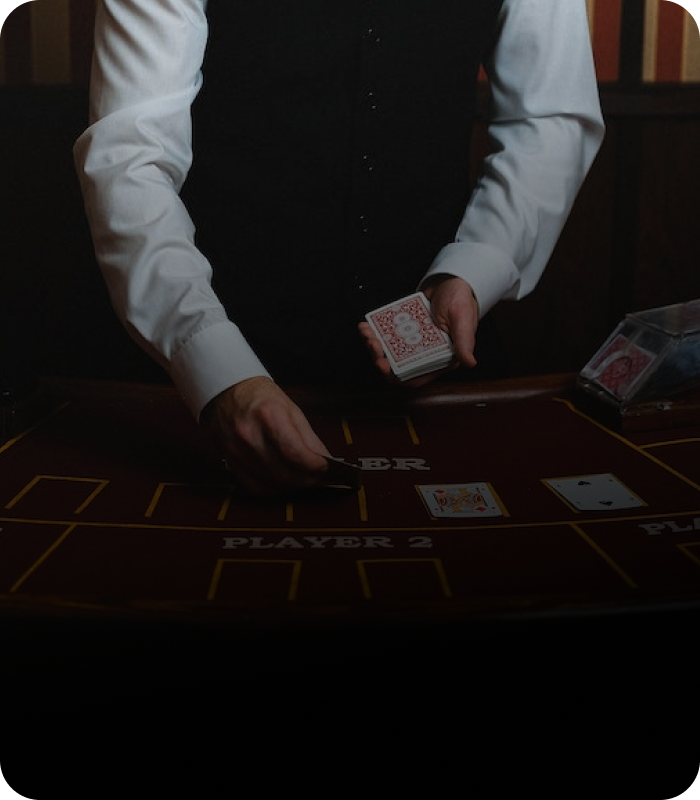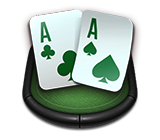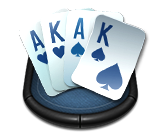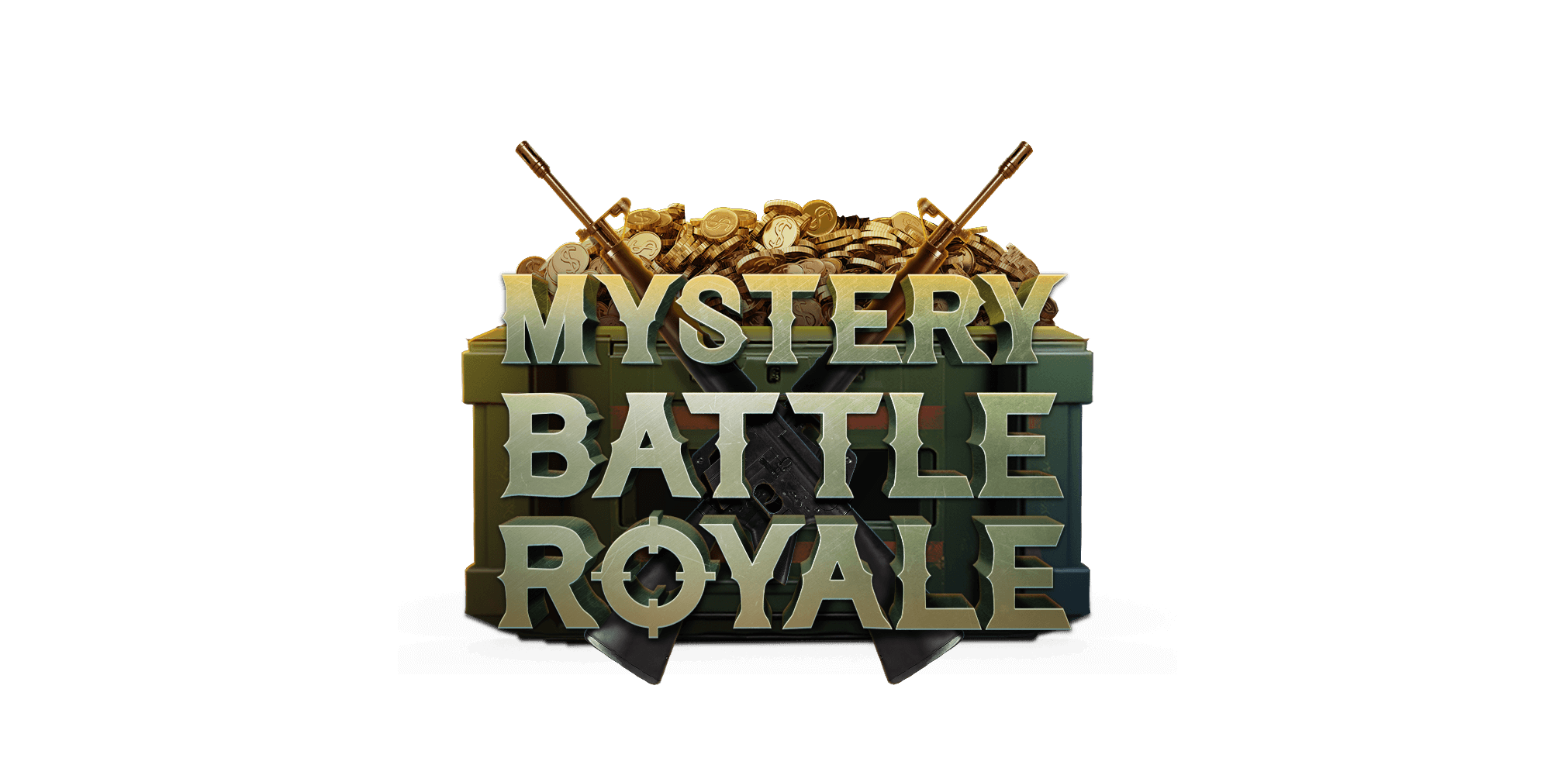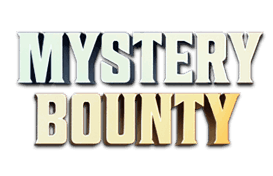
Almost everybody loves to play poker. The rules of this poker game are simple and easy for even an average player to understand. There are no complicated mechanics to keep in mind, and it is a good activity to enjoy with your friends and colleagues on your poker journey.
However, if you’re looking to level up your game and improve your chances of becoming a winning poker player, then these poker tips are for you, with some of the most effective poker strategies you can use to reach the realms of a professional poker player.
Amp Up Your Game!
So, you're ready to fine-tune your game and become the kind of poker player that people think twice about bluffing? Do you want to sit down at that poker table (whether real or virtual) and command respect from the other poker players? Let's get to it. This isn't just about playing poker; it's about being a player in the big, wide, fast-playing poker universe.
From the fast-paced online poker sites offering free games to the high-stakes allure of money games, there's a poker experience tailor-made for you. Here's the lowdown: if you're serious about becoming good at poker, it's time to get to grips with terms like 'pot odds' and strategies that separate the pros from the amateurs.
It's not just about how to play poker, it's about how to win. And winning poker? That's a skill worth having! Welcome to your poker journey, guys and gals. Now let's make it count.
Playing Poker
 Whether you’re playing a casual game with your friends or indulging in online poker, the rules stay the same. You will always look for ways to outplay your opponents and win the pot odds. Even poker greenhorns have equal chances to win what’s at stake, and that’s the majestic playing field of poker.
Whether you’re playing a casual game with your friends or indulging in online poker, the rules stay the same. You will always look for ways to outplay your opponents and win the pot odds. Even poker greenhorns have equal chances to win what’s at stake, and that’s the majestic playing field of poker.
With that in mind, even decent poker players still struggle to grab the win consistently on the table. Sure, knowing your position with your cards and having a well-rounded strategy improves your chances of cashing out for profit. Still, building up a solid game plan and slowly playing the table will be the most effective way to achieve a stellar poker career.
A huge part of becoming a winning poker game player involves a real dedication to fine-tuning your poker skills. This basically means learning how to read other poker players, figuring out when to bluff, when to fold, and most importantly, when to take a deep breath and go all in. Understanding pot odds is a fundamental poker tip that becomes second nature (over time) as you continue to play poker and refine your game.
A golden poker tip is that being good at poker doesn't totally mean winning every single hand but rather winning enough hands to come out ahead over a long period. We are talking about the bigger picture here, folks.
Something else worth noting is that cash games can be a great place to start your poker adventures. The stakes can be relatively low on a cash game, allowing new players to dip their toes into the world of poker and gain good experience without risking too much of their poker bankroll. The trick to success lies in balancing aggressive plays while playing the right hands and staying patient, calm, and ready for the most profitable games.
These insights, and others, will eventually help you become more of a killer at the poker table, whether we are talking about a friendly game with your buddies or online poker sites where competition can be tough or even brutal!
With that being said, let's take a look at how to get good at poker and improve your poker odds with these approaches.
Understand The Psychology Of The Poker Table
 Make Your Presence Known
Make Your Presence Known
Whether you are at a prestigious casino, playing a few hands with your friends, or prefer to play online poker on your computer, the battle all starts the moment you join the table. Always assume you’re playing for money even if you’re not. If you are, double up that mentality and always put your goals in front.
A poker player that emits a strong presence is always a threat to others at the table. However, understanding when to focus on your aggressive poker strategy is the key. Laser focus on the game and make the others feel that you want to win the pot for yourself.
Mastering the basic rules is the first step to attaining this. Navigating your way around the cards on hand and calling the right moves at the right time will result in a ripple effect that will help you get a better chance as the game progresses.
Complying with the game etiquette without crossing any lines also shows a great deal of confidence. Lastly, enhancing your betting practices and knowing the best time to attack would be the most helpful poker strategy guide you’ll need.
Assert Dominance
Many newer players stick to the safe corners with the fear of losing a hand. Many of them won’t bet too much or call the plays even if they have good poker hands. That’s not a bad thing in general, but the longer the game drags, the more it can affect people’s perception of you.
The other poker players might think you’re playing a weak game and are likely to bully you with their betting strategy. That’s why it is crucial to put your game in a place where they can’t push you around easily.
You can achieve that by aggressively betting from time to time, especially if you think you have good cards in your hand. Even if you only have a decent pair in your arsenal, it is best to establish a strong presence from the get-go. However, avoid doing this if you have weak cards.
Be One of the Sharks
The end goal of playing poker games is to eliminate players until you’re the last one standing. They are like sharks in the ocean waiting for you to show a slight weakness in your game. Once you expose those vulnerable spots, they are open to attack.
Don’t show them any cracks in your moves, and stay fluid with your decision. Hesitation can lower your pot odds, and seasoned players might expose you to others around the table. This might take a few practice runs to perfect, but once you do, you’ll have a better chance of winning the pot.
Consider the balance of playing aggressively and intelligently at the same time.
Cultivate Patience and Strategic Thinking
You have heard it before, but it is worth repeating - patience truly is one of the most underrated poker skills and is an absolute golden virtue in this game. Poker is not just about being aggressive, it is also about knowing when to lie in wait and when to pounce. It is definitely not always about fast playing because sometimes the game calls for you to take a step back, observe, and then act strategically based on any observations you have made. This is especially true in cash games where you have time to build.
Being an average player is not a bad thing, but if you want to be a winning poker player, you must develop the ability to think strategically and act patiently. Again, you need to observe, think, and pounce, and without patience, you are not going to do that effectively.
Take time to learn about the pot odds and carefully work on your betting tactics, but most importantly, understand when to hold back! Just like in the real poker world, patience and a steady nerve in online poker sites will be the difference between a win and a loss in so many games.
You should back up this more patient strategic thinking by learning how to manage your poker bankroll properly. This means not betting too heavily on any single game (despite the temptation) and spreading your bets over several games. Keep track of your wins and losses to understand which games are the most profitable for you as a player. With patience and strategic thinking (a little bit of luck won't hurt either), you'll see your poker skills improve massively, given enough time.
Don’t Underestimate Patience In A Poker Game
 Smart Betting
Smart Betting
Making an intelligent bet is one of the best poker tips you’ll hear from veteran players. However, there’s a fine line that separates trigger-happy betting and a well-timed raise. Know the potential of your hand, and you’ll learn over time the extent of when to add to the pot.
A vital poker tip is to bet more aggressively when you're in a late position, as you have more information about other players' hands. In a cash game, for instance, you might want to be more conservative with your bets in comparison to a tournament situation.
Avoid leaning to a strategy that relies on the River even if your cards are weak. Doing so might lead to your early exit from the game.
Don’t Chase Your Loses, Control Them
Another essential element of controlling your losses is maintaining a disciplined power bankroll management system. Seasoned poker players don’t always win every round, and that’s a concrete fact when you play poker. It may sound a bit strange, but folding is an effective poker strategy to minimize your loss. Playing in rounds where you’ll eventually throw money in the bin will put you in a hole sooner. That hole might be challenging to overcome if you have already dug yourself into uncontrollable depths.
To avoid unwanted circumstances, knowing where to draw the line should help you get a firmer grip on the grand scheme of the game. After all, it is not worth putting the chips in your possession to a set of cards that wouldn’t give you a decent chance to edge the game.
Law of Averages
Everything falls into the hand of averages, and the same can be said about the famous card game. Success in playing the table comes from a credible poker strategy, luck, and riding the law of averages.
Expert players know when to back down and fold when they feel like folding. They patiently wait for the right opportunity to stage a huge comeback. Who knows, you’ll probably get a nice flush draw in your next set of cards.
Understand The Cards In Your Hand
 Read Your Cards and Players’ Reaction
Read Your Cards and Players’ Reaction
A classic poker strategy is understanding the odds of your hand winning against your opponent’s. You’ll never be sure of the type of cards they have on hand. However, you can gauge your chances of winning by comparing what’s in front of you and how your opponents behave in the middle of the game.
This approach might rely on instincts, but it gets better with experience. Once you get a solid background on how players react versus the cards on your hand, you’ll have an easy time reading the atmosphere and making moves based on that.
Learn From Subtle Movements
The ability to read small movements such as hand gestures, how your opponents bet, and subtle eye movements are crucial in getting a commanding lead from the pack. Poker games involve a lot of strategies, and one of them is reading what other people’s body is telling the other players.
This can also be observed in online poker. Even if you can’t see some of their gestures, you can still predict their patterns. Look for small clues on how they raise the pot. That might be your indicator they have a great hand.
Losing Early Rounds Doesn’t Mean Losing The Entire Game
 Losing Rounds is Part of the Game
Losing Rounds is Part of the Game
Beginners and intermediate players need to understand that losing a couple of rounds is part of the game. It is alright to lose a few bucks than to lose composure while you’re at the table, and that might be one of the top poker tips you’ll hear from a veteran player.
Most new players lose their fighting spirit after experiencing dry spells. It becomes worse if they thought they had the winning hand but suddenly found themselves in a ditch.
Poker Games are Similar to a Marathon
A game of poker is seldom over in one or two rounds. Think of it as a long and winding process where you’ll experience bumps and curves along the way. The same train of thought also applies to other people around the table.
Playing the game repeatedly would give you a grasp of how long the journey to the top is. The more you experience and gain, the better you will be at handling the roadblocks that you will face in the future. Just stick to the long-game approach and slowly build up your unique take on your cards.
Play Your Cards, Not Your Emotions
Poker is more like a mind game. That means emotion doesn’t sit well, especially on the tables you’re playing.
Sure, emotions might move mountains and give you extra motivation in other sports. However, playing with a heavy, troubled heart will cloud your judgment and might cost you your bets. Chasing losses over time and getting emotional with them is a recipe for greater disaster.
You can subdue your emotions with the proper mindset. Always think that you’re playing a game with a wager on the line but don’t let it affect you if the odds never went in your favor.
Decide On a Budget and Stick With It
You’ll never know how the combination of luck, chances, and strategy will play out at the beginning of a poker match. You’ll have to approach the game and accept any risk that you might end up losing.
Responsible poker players know their limits and how far they will go for the sake of the game. However, if you’re not sure if you can control yourself, it is recommended to set a predetermined budget even before you join the table.
Draw a realistic figure in your bankroll and do your utmost best to stick with it. Bankroll management is not only a good poker strategy that would assist you in managing your chips, but it also helps you control the flow of money in case everything goes south.
In the long run, having a bankroll and sticking with your poker budget will make you financially responsible.
Adopt A Strategy And Fine Tune It To Make It Unique
 Enrich Your Game Experience
Enrich Your Game Experience
There’s a classic saying that experience is the best teacher, which proves a point in poker. The more games you play, the better you understand how to approach the game. Insights and reading the game atmosphere are two of the most crucial characteristics that separate pro players from casual ones.
Outside of experiencing the game of poker first-hand, you can also explore new avenues that would significantly affect your take on the game, such as reading poker-related blogs that contain helpful knowledge and excellent poker tips that you can use in your next outing.
Watching professionals and peeking at what’s happening inside their minds might also give you clues on becoming more fluid with your in-game decisions.
Build A Winning Poker Strategy From a Gameplan that Works
If you plan on following the pros in the world of poker, your best bet is to follow their approach to the game. Emulate what works in their game style and incorporate it with yours. As you gain more experience, you’ll eventually develop your own way of handling the situations that are thrown at you.
Learning new things and adapting to the circumstance you’re facing with the set of cards in your hand opens up new horizons for playing the game. This perspective might even be your key to the biggest stage in the world of poker.
Practice
Knowing winning moves and strategies is one thing; applying them to an actual game is another.
Online poker gaming is an excellent avenue to test your skills. You’ll also have the ability to assess the areas you need to improve on and the improvements that happened on a specific table. You can choose to play without risking a single cent in freerolls. On the other hand, low-stakes poker cash game tables would also be an ideal training ground if you want to test the waters.
If live poker is your thing, then your best bet is to invite a couple of your friends and colleagues.
Summary
You need a combination of luck, skills, and a good draw of cards to win a poker match consistently. You might experience a couple of losses in the process, but be ready to reap your rewards once you get the gist of how the game plays. Stick with what you learn and find things to improve your game.
Now that you have read our tips, if you are ready to take the next step, why not create a free account with Natural8 and start playing? From free poker games right up to mega-money masters tournaments, test your skills and improve your strategy by playing the best online games at Natural8.

.webp)










